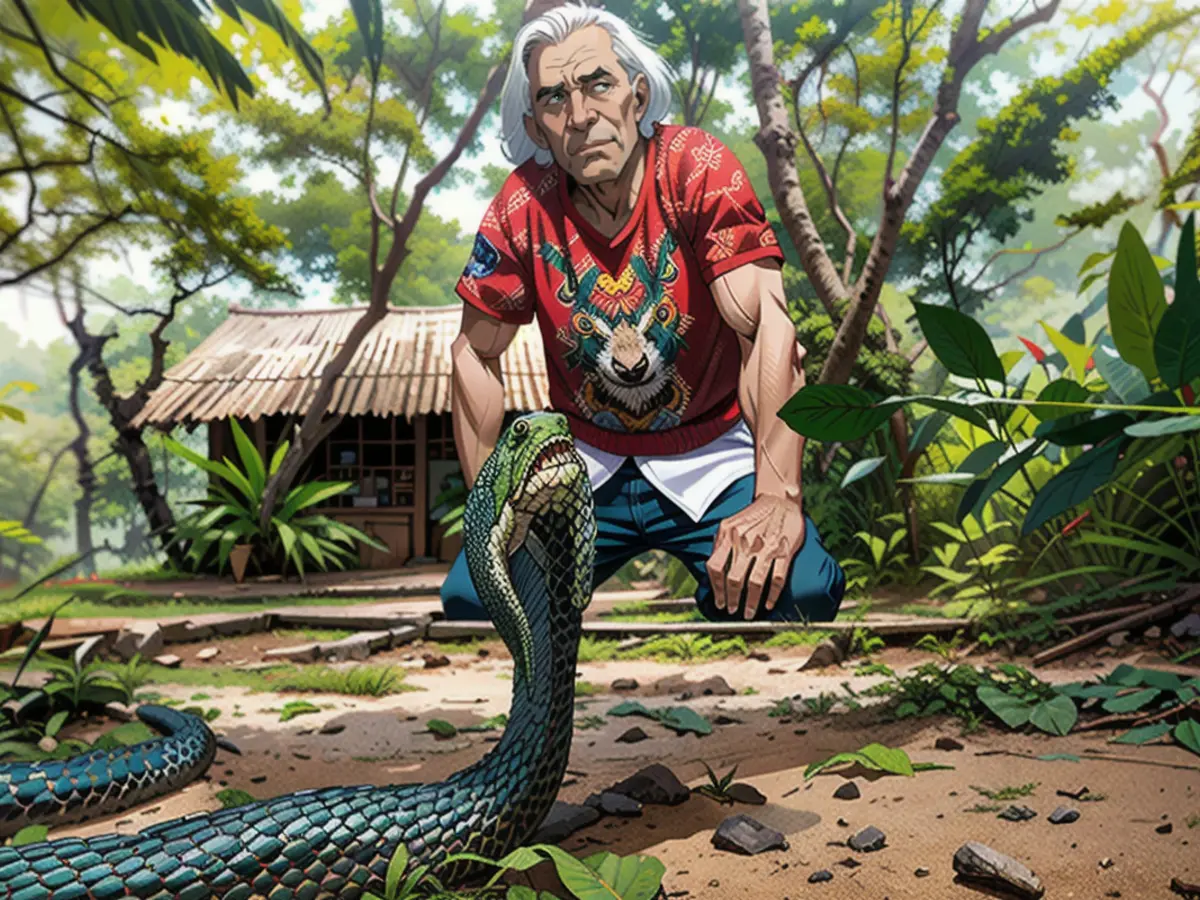From hunter to protector: How the 'Snakeman of India' transitioned into wildlife conservation.
Whitaker gained the moniker "Snakeman of India" and devoted over sixty years to investigating reptiles and their preservation. He has written numerous books on snakes, spearheaded a vital antivenom program, and established wildlife research centers nationwide.
His work with snakes and crocodiles ultimately led his conservation efforts to protect India's rainforests.
Currently, Whitaker's priority is teaching Indians how to protect themselves from snakes, as part of a campaign aiming to reduce the snakebite mortality rate in the country.
CNN recently caught up with Whitaker at his Mysore home in southwestern India during the release of the first volume of his memoir: "Snakes, Drugs and Rock 'n' Roll: My Early Years."
The following interview has been revised for conciseness and clarity.
CNN: How did you initially develop an interest in snakes?
Whitaker: My passion for snakes began at an early age while growing up in upstate New York. I enjoyed turning over rocks and discovering various creatures. Then I encountered a snake, and it was love at first sight.
My mother played a role, too. When I brought a snake home, she said, "Wow, what a beautiful creature." Few mothers would react this way, yet her positive attitude fostered my curiosity.
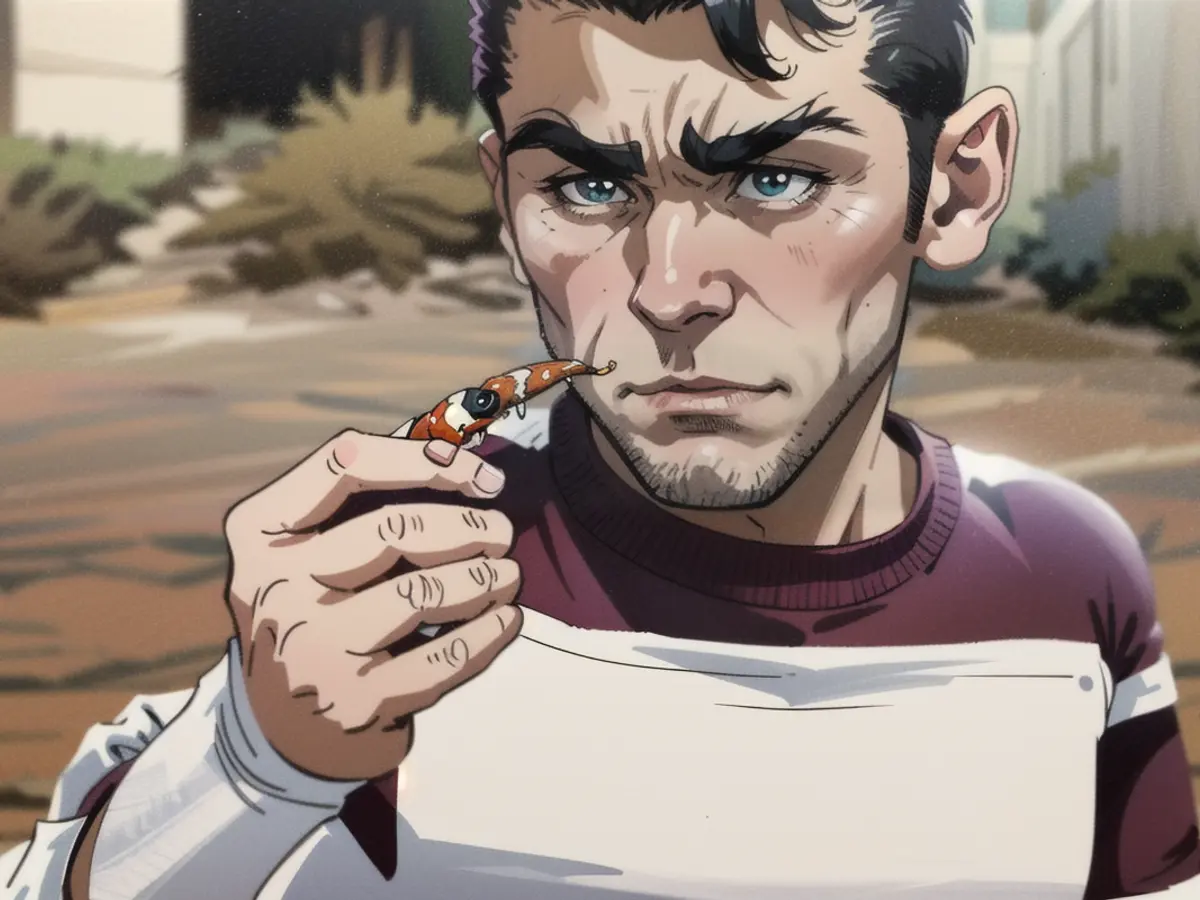
After moving to India due to my mother's marriage to Rama Chattopadhyay, I was able to indulge my dream of exploring India's lush jungles and encountering its diverse wildlife.
CNN: What does a herpetologist do, and how did you become one?
Whitaker: Essentially, a herpetologist is a professional who specializes in reptiles. My primary focus has been on snakes and crocodiles, though I've also got an interest in turtles, lizards, frogs, and toads.
My fascination with snakes started when I was four years old, holding my first snake. In 1960, I studied in America, but dropped out before completing my education. I then worked for Bill Haast at the Miami Serpentarium, who comfortably interacted with king cobras. Interacting with these incredible creatures piqued my interest in these snakes and spurred my desire to study them closer back in India and the Western Ghats.
In 1969, I founded India's first snake park in Madras. This investment allowed us to delve deeper into their behavior and lifestyle.
CNN: Have you ever felt afraid of a snake?
Whitaker: Although I've had many close encounters with snakes, fear hasn't been common. However, I experienced a brief moment of terror when I tackled a snake by its tail, thinking it was a rat snake, only to realize I'd caught a king cobra. This scenario was indeed frightening.
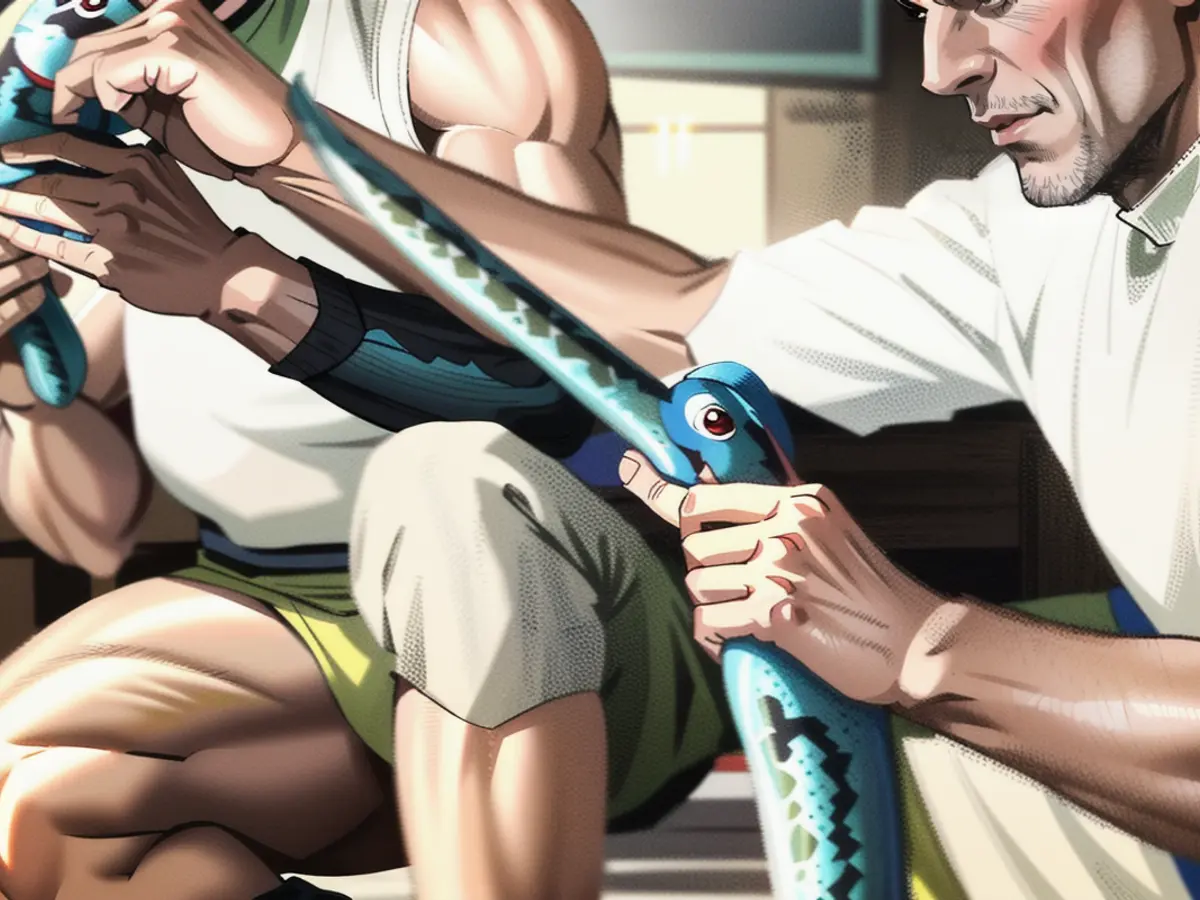
CNN: How did you start collaborating with the indigenous Irula tribe to create antivenom for treating people bitten by snakes?
Whitaker: The Irula tribe is an indigenous community in South India. They had been renowned for catching snakes for their skin. However, following a ban on the snakeskin industry in 1972, they lost their means of income.
We came up with an idea to start a venom cooperative, the Irula Snake Catchers Cooperative, where they would catch, extract venom, and release the snakes back into the wild. This venom was used to make antivenom to save countless lives.
CNN: Currently, your main priority is to prevent snakebites from happening. Tell us more about this.
Whitaker: Previously, the number of fatalities and injuries from snakebites was unknown. The Centre for Global Health Research and the University of Toronto began a thorough analysis, uncovering that approximately 50,000 individuals are killed by snakebites each year in India.
Due to this discovery, we're implementing an educational program nationwide. We're teaching individuals to avoid snakes and snakebites through simple strategies like using lights when walking at night, utilizing mosquito nets while sleeping, and using a stick while working in the fields. These tactics are low-cost and effective.
Q: When did your career shift towards conservation?
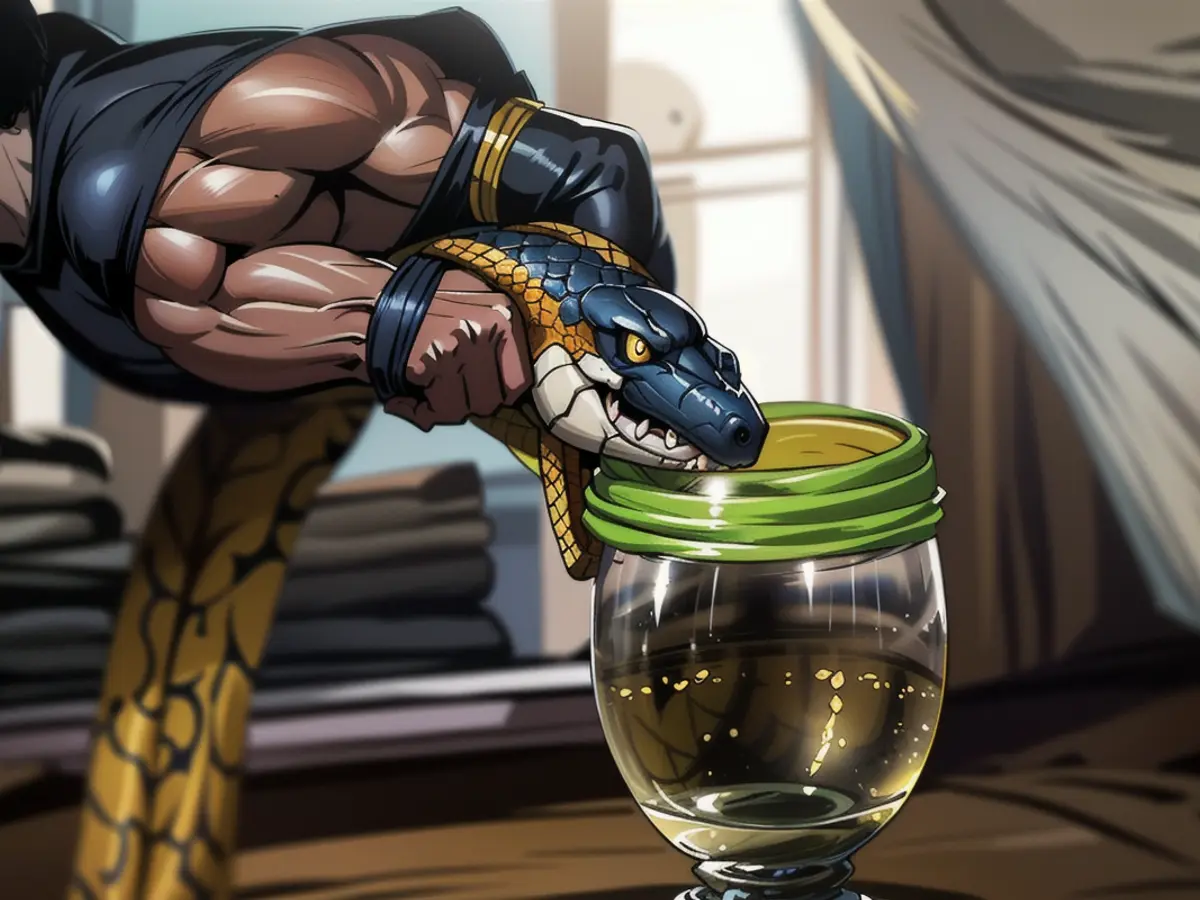
A: To start with, I wasn't really into conservation in my youth. I was more of a hunter and enjoyed shooting birds instead of watching them.
The change came in the 70s when I realized things were getting out of control, and crocodiles were on the verge of extinction. We needed to take action. Recognizing that there'd be nothing left if we didn't act, I teamed up with colleagues setting up field stations that attracted many young people interested in reptiles. As a result, several of these individuals became key conservationists in India.
Q: What do you want your legacy to be?
A: People may think of me as some weird snake lover, but it's amazing to think about the impact my organization has had on making reptiles popular. Now, they're considered cool and fascinating – the ultimate trendsetter! Even more satisfying is knowing dozens, if not hundreds, of future conservationists have emerged from these projects. It's an incredible feeling!
Images
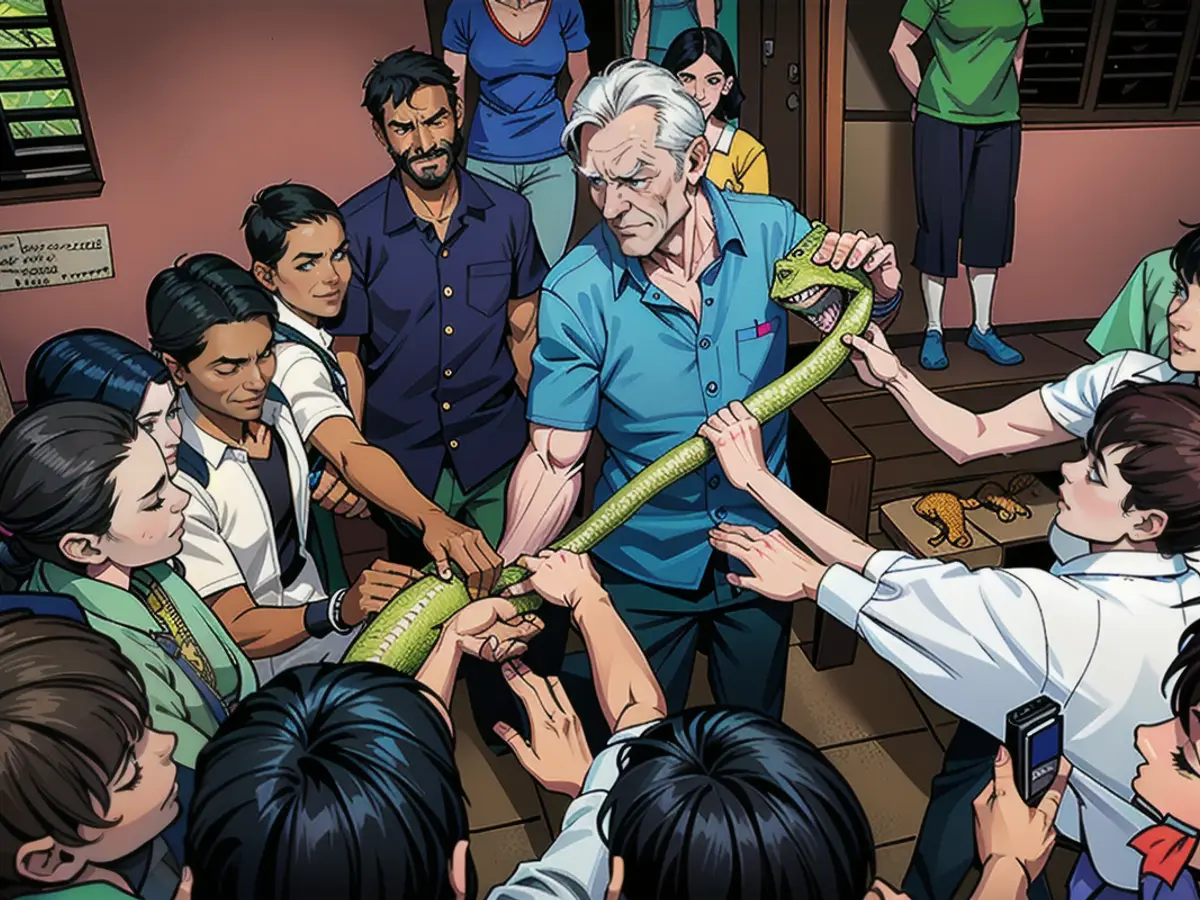
Read also:
- This will change in December
- Dikes withstand water masses so far - Scholz holds out the prospect of help
- Fireworks and parties ring in 2024 - turn of the year overshadowed by conflicts
- Attacks on ships in the Red Sea: shipping companies avoid important trade route
Whitaker's conservation efforts have expanded beyond snakes and crocodiles, extending to the protection of India's entire rainforest ecosystem.
To reduce the high snakebite mortality rate in India, Whitaker's priority now involves educating locals about snake safety and prevention measures across the country.
Source: edition.cnn.com
